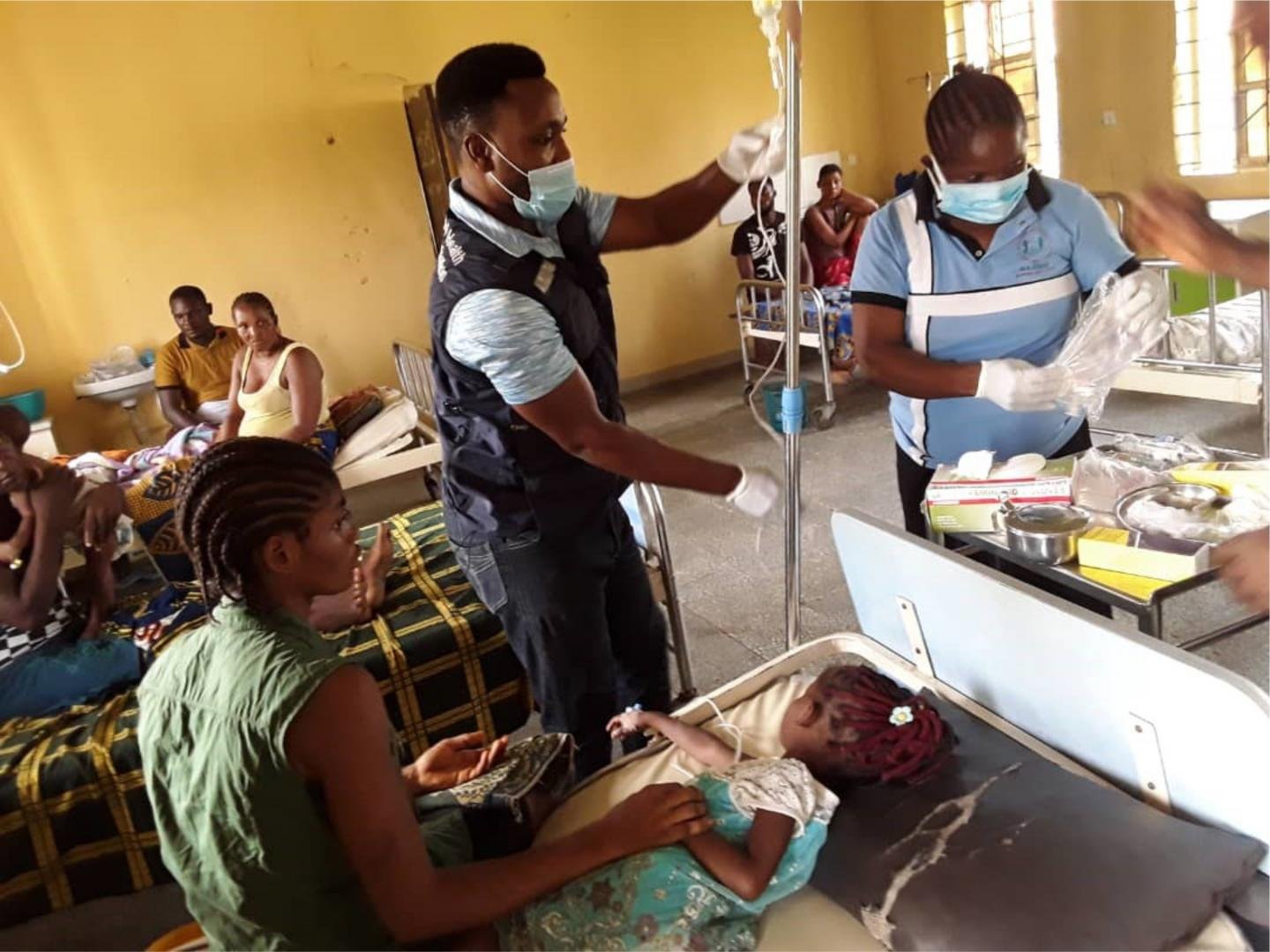The Ghana Health Service (GHS) has confirmed a cholera outbreak in the Ada East and Ada West districts of the Greater Accra Region, with nine cases recorded as of October 11, 2024.
Cholera is an acute diarrhoeal infection caused by consuming food or water contaminated with the Vibrio cholerae bacterium.
The outbreak, which was first reported on October 4, 2024, involved a patient in Ada West who presented symptoms of vomiting, diarrhoea, and abdominal pain after attending a funeral in Ada East. Soon after, confirmed cases emerged in Ada East as well.
In response, the GHS has activated Public Health Emergency Management Committees (PHEMCs) at the national, regional, and district levels.
According to the GHS, “A joint multi-sectoral Public Health Emergency Rapid Response Team (PHERRT) from the national, regional and district levels, along with representatives from the National Commission for Civic Education (NCCE), Ghana Education Service (GES), National Disaster Management Organisation (NADMO), and Environmental Health Units from the two affected districts has been activated.”
Further measures include ongoing outbreak investigations and environmental assessments. An ‘Alert’ has been issued to all health facilities nationwide, and healthcare workers in the affected areas have been sensitized on cholera case definitions, sample management, and treatment protocols. The GHS also emphasized that “strict Infection Prevention and Control practices in all health facilities have been enforced.”
In the affected districts, the GHS has set up an oral rehydration centre for mild cases and is conducting public education campaigns on cholera prevention, with a focus on promoting safe drinking water, sanitation, and hygiene practices. “Water sampling for microbiology and culture from all affected districts is being conducted,” GHS noted, adding that potable water is being distributed to affected areas.
The Ministry of Health and GHS reassured the public that they are committed to early detection and a swift response to any public health emergency.
Cholera remains a serious global public health concern, often highlighting issues of inequality and underdevelopment.
This disease can lead to death within hours if untreated, as it predominantly affects populations lacking access to clean water and proper sanitation. Factors such as conflict, unplanned urbanization, and climate change further heighten the risk of cholera outbreaks.
Each year, researchers estimate between 1.3 and 4.0 million cases of cholera globally, resulting in 21,000 to 143,000 deaths. Many people infected show either mild or no symptoms and can be treated effectively with oral rehydration solutions. However, severe cases require immediate treatment with intravenous fluids and antibiotics to prevent fatalities.
To prevent and control cholera, access to clean water, proper sanitation, and good hygiene practices are crucial. In high-risk areas, oral cholera vaccines should be used alongside improvements in water and sanitation infrastructure to manage outbreaks and protect vulnerable communities.
In 2017, a global strategy, Ending Cholera: A Global Roadmap to 2030, was launched, aiming to reduce cholera deaths by 90%, marking a significant step toward tackling this preventable disease.
In 2024, the cholera outbreak in the WHO African Region has impacted 14 countries, including Burundi, Cameroon, Comoros, the Democratic Republic of the Congo, Ethiopia, Kenya, Malawi, Mozambique, Nigeria, South Africa, the United Republic of Tanzania, Uganda, Zambia, and Zimbabwe, with Ghana being the most recent country affected.
Since the beginning of the year 2024, the number of cholera cases and deaths reported to the WHO Regional Office for Africa (AFRO) as of 30 April was 82,215 and 1,507 deaths, respectively, with a case fatality ratio of 1.8%.

